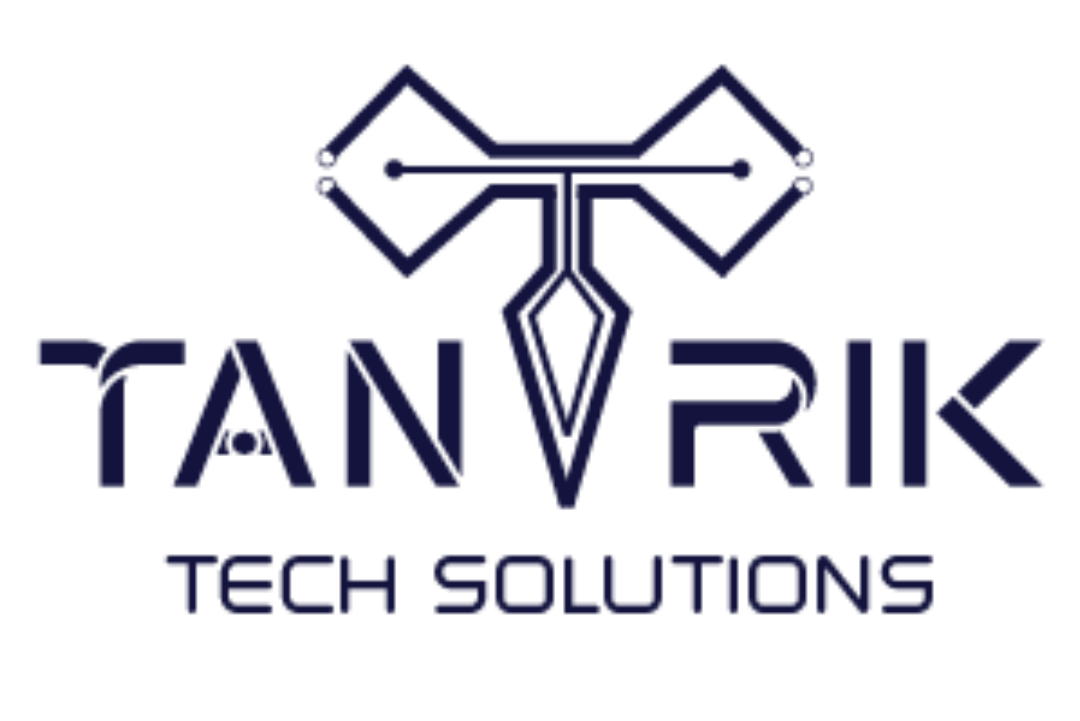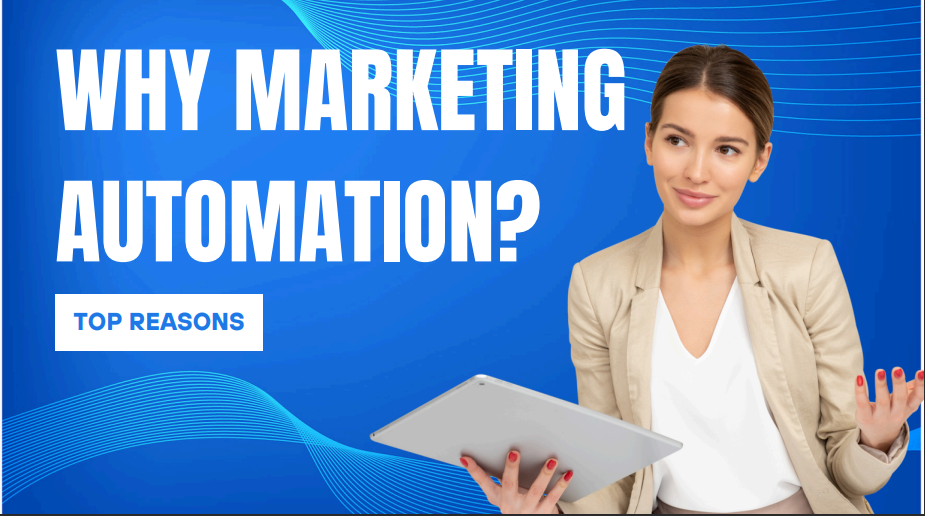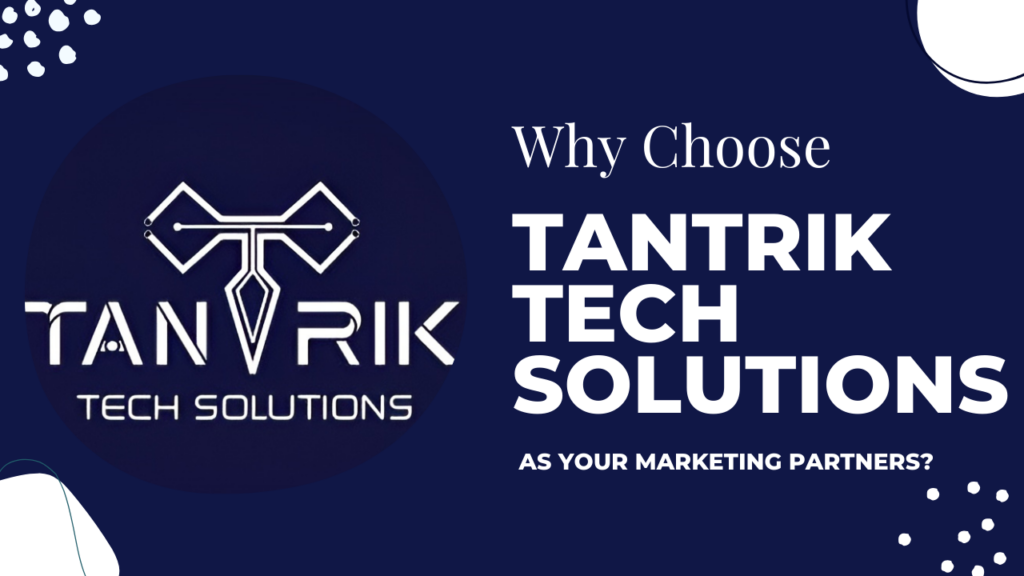Introduction to Marketing Automation
In today’s fast-paced digital environment, marketing automation has emerged as a crucial tool for businesses to streamline their marketing efforts and achieve better results with fewer resources. But what exactly is marketing automation? Simply put, it involves using software to automate repetitive marketing tasks such as email marketing, social media posting, ad campaigns, and more. By integrating marketing automation into your strategy, businesses can efficiently manage multiple channels, enhance customer targeting, and track the effectiveness of their campaigns in real-time.
With the rapid growth of technology and the need for more personalized marketing, automation tools have become essential for businesses looking to stay competitive. This article will dive deep into why marketing automation is a game changer and why you should consider implementing it into your marketing strategy today.
Evolution of Marketing Automation
Marketing automation didn’t happen overnight. It has evolved alongside the internet and digital marketing trends, becoming a refined system that businesses of all sizes can leverage. In the early 2000s, basic email automation allowed companies to send mass messages to their mailing lists. As customer data collection advanced, so did automation tools.
Key milestones in the rise of marketing automation include the introduction of Customer Relationship Management (CRM) systems, the integration of AI-driven tools, and the adoption of omnichannel marketing approaches. This evolution allows businesses today to automate a wide range of marketing tasks across platforms with ease.
Understanding the Core of Marketing Automation
Marketing automation isn’t just about sending automated emails or scheduling social media posts. It involves various components, such as:
- Customer segmentation: Dividing your audience into specific groups based on behavior or demographics.
- Lead management: Automating the nurturing and scoring of leads for improved conversions.
- Content management: Automating the delivery of content to targeted audiences.
Furthermore, marketing automation integrates seamlessly with CRM systems to streamline customer interactions, ensuring that sales and marketing teams have unified data on customer behavior.
Why Marketing Automation Matters for Your Business
One of the biggest reasons companies adopt marketing automation is the boost it offers in efficiency and productivity. By automating repetitive tasks such as sending follow-up emails or posting on social media, marketing teams can focus on strategy, creativity, and other higher-value tasks.
Automation reduces the risk of human error and ensures that tasks are completed on time, every time. Imagine a campaign that reaches thousands of potential customers without lifting a finger—marketing automation makes this possible. It frees up time and resources, allowing businesses to scale their marketing efforts more effectively.
Personalization at Scale
Consumers today expect a personalized experience from brands, but delivering that level of personalization manually is nearly impossible at scale. This is where marketing automation shines. Using customer data, businesses can automate personalized email campaigns, recommend products, and create targeted content based on user behavior.
For instance, you can automatically send a customer a discount on their birthday or recommend products they’ve shown interest in. By utilizing marketing automation, you’re able to deliver the right message to the right audience at the right time, resulting in increased engagement and conversion rates.
Lead Nurturing and Scoring
Lead nurturing is critical in turning potential customers into loyal clients. Through automated workflows, businesses can send pre-planned messages or content to nurture leads over time. This approach keeps your business top of mind without overwhelming your prospects.
Moreover, automation tools often come with lead scoring capabilities, where potential customers are ranked based on their level of engagement with your brand. This helps sales teams prioritize leads, ensuring that high-quality prospects are followed up with first, thus increasing the likelihood of conversion.
Data-Driven Decision Making
One of the greatest benefits of marketing automation is the access to a wealth of data that can drive smarter business decisions. With the ability to track and analyze user interactions across various channels, businesses gain deep insights into customer behavior, campaign performance, and overall ROI.
For example, you can monitor email open rates, social media engagement, or website traffic in real-time, enabling you to adjust your strategy accordingly. Automation tools can also provide predictive analytics, helping you anticipate trends and optimize your marketing efforts for future success.
Improving Customer Engagement and Retention
Retaining existing customers is just as important as acquiring new ones, and automation plays a vital role in this. By setting up automated workflows, you can ensure regular and relevant communication with your customers, keeping them engaged with your brand.
From post-purchase follow-up emails to targeted re-engagement campaigns, marketing automation allows businesses to maintain customer relationships over time, reducing churn and improving customer lifetime value (CLV).
Sales and Marketing Alignment
Marketing automation fosters better collaboration between sales and marketing teams by ensuring that both departments are on the same page. Through automation, marketing teams can hand over qualified leads directly to sales, complete with detailed customer data. This ensures that sales teams are not wasting time chasing leads that are unlikely to convert.
Additionally, sales teams can receive automatic notifications when a lead takes a significant action (e.g., downloading a whitepaper or requesting a demo), allowing them to follow up at the right moment.
Cost Efficiency and ROI of Marketing Automation
Contrary to what many believe, marketing automation can be a cost-effective solution for businesses. While there’s an initial investment in software, the long-term benefits far outweigh the costs. By automating manual processes, businesses reduce their reliance on large teams, ultimately lowering labor costs.
Additionally, marketing automation platforms provide measurable data on campaign performance, making it easier to calculate ROI. By optimizing campaigns through data-driven insights, businesses can achieve higher conversions and maximize revenue with minimal waste of resources.
The Role of Artificial Intelligence in Marketing Automation
AI-powered tools have transformed marketing automation by adding layers of intelligence to customer data analysis. Artificial Intelligence (AI) and machine learning are used to predict customer behavior, recommend content, and optimize campaign performance.
For example, predictive analytics can help marketers determine when is the best time to send emails or which content is likely to resonate most with a specific audience segment. AI can also power chatbots for customer service, allowing businesses to engage with prospects and customers 24/7 without human intervention.
Multi-Channel Marketing Automation
Marketing automation extends beyond email; it encompasses various channels including social media, websites, SMS, and more. Multi-channel automation allows businesses to maintain a consistent and cohesive presence across all touchpoints, improving brand visibility and customer experience.
For example, you can set up automated social media campaigns that post content across platforms at optimal times or send SMS reminders to customers about upcoming sales. This unified approach ensures that customers are engaged no matter which channel they prefer.
Challenges in Implementing Marketing Automation
Despite the many benefits, implementing marketing automation can come with challenges. Common hurdles include:
- Complex setup: Some businesses find the initial configuration of automation systems overwhelming.
- Data management: Having incomplete or inaccurate data can hinder the effectiveness of automation efforts.
- Team buy-in: Ensuring that all departments understand and support the use of marketing automation is critical to its success.
However, with proper planning and the right tools, these challenges can be overcome.
Choosing the Right Marketing Automation Platform
Selecting the right marketing automation platform is essential for success. Look for platforms that offer:
- Ease of use: An intuitive interface that doesn’t require advanced technical knowledge.
- Integration capabilities: Ensure the platform can integrate with your existing CRM and other marketing tools.
- Comprehensive analytics: Access to in-depth reporting and real-time tracking of campaigns.
Popular platforms in 2024 include HubSpot, Marketo, and Pardot, all of which offer robust automation features tailored to different business needs.
Future of Marketing Automation
Marketing automation is constantly evolving, with new trends and innovations on the horizon. The future will see even more sophisticated AI integration, hyper-personalized marketing experiences, and an increased focus on omnichannel strategies.
As automation tools become more advanced, businesses will be able to create even more seamless and engaging customer experiences. The ability to automate personalized journeys across multiple channels and devices will become the norm, giving businesses a significant edge in an increasingly competitive market.




